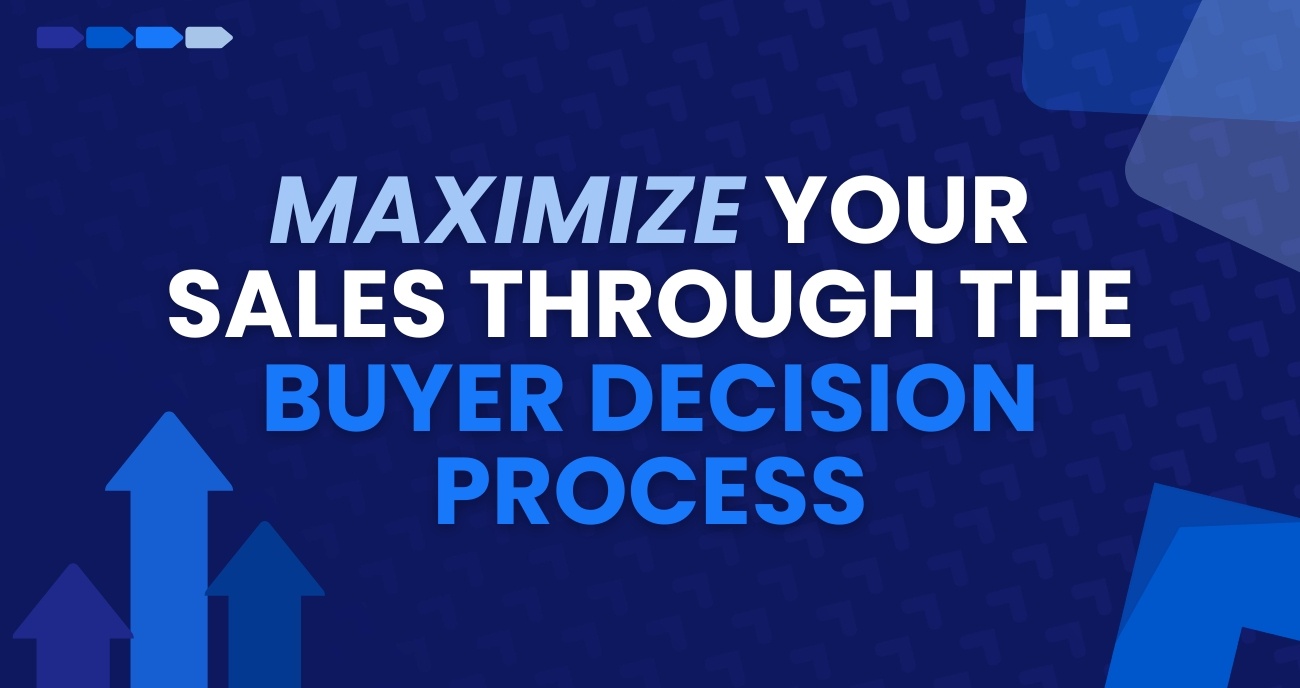Creating a sense of trust is important in so many aspects of life. Trying to build a high-performing sports team? Try doing that with a locker room of players that do not have trust in each other and their coach. Want to have a healthy romantic relationship? This is nigh on impossible without each partner having trust in one other.
When it comes to sales, trust is just as crucial as the above. Gaining trust with your customers in sales is crucial to having successful acquisition and retention. The absence of trust will have potential customers unsure whether to do business with you and will have existing customer relationships fragile - they will almost certainly be open to vendors where they can establish trust in the relationship.
Feel like trust is absent in your sales process? Fear not, as we’ve highlighted the top strategies the best professional sellers incorporate in their process to build a sense of trust with their customers:
Be Transparent With Your Customer
Without transparency, there can be no trust.
Being transparent with your customers will create a culture that fosters open and honest communication. This can revolve around important aspects of the deal, such as your pricing, the product or solution, or how the service heals customer pain points. Do not attempt to hide anything from your customers, as this will not only lead to a lost sale but will also damage your reputation and garner mistrust in the customer’s organization.
The data shows us that customers value transparency, with 94% of consumers likely to be loyal to brands that are open and honest. The same study even pointed to customers being willing to pay more for products that have a higher degree of transparency!
To be transparent in the sales process, you should detail all the relevant information about your solution or product - including any challenges, limitations, or drawbacks. The customer will respect and appreciate your honesty with them, and the relationship you are building is one on honest foundations.
Back Yourself Up With Social Proof
Social proof can be one of the most underrated tools in how to build trust in sales. Social proof will revolve around user-generated content like testimonials, case studies, and reviews. Platforming the previous success of your existing customers, like the use of M2s during a sales process can demonstrate the value and quality of your product like no other way can.
Just like Jerry Maguire shouts “show me the money!”, your customers want to see the value of the product you are trying to sell. Having metrics and social proof during your sales process can boost conversion rates up to 270% and build genuine trust with your customers.
Highlighting social proof like reviews, case studies and testimonials can illustrate your product’s proven success and value, helping get customers over the line and giving them the confidence and trust to do a deal with you.
Nurture and Develop Relationships
Building genuine and meaningful relationships with your customers is a key aspect of how you can build trust in sales. By truly understanding your customer, you can understand their pain points, their needs, and what they are looking for when it comes to decision criteria. From this, you can cultivate a personalized approach to support them, building trust and loyalty in the relationship.
By customizing and adding a personal touch to how you handle each sales process, you can give the guidance and support that will truly level up customers, even elevating that relationship from customer to partner.
Show Your Expertise
By displaying to the customer that you know what you are talking about, you can build stability and trust as you go through your sales process. Showing them your knowledge and insights that they will not be aware of can help build your image up to one as a thought leader, and this establishes respect and trust with the customer.
Economic buyers will be looking for this kind of expertise when they pick a vendor - LinkedIn found that 55% of decision-makers awarded business to a company based on thought leadership content. Backing up your sales process with thought leadership content can make your voice the authoritative one in the industry, building trust with the customer.
By using educational content to support your sales process, you can successfully address the customer’s pain points, give valuable insights and build yourself up to be a trusted advisor for the customer.
Use Guarantees to Alleviate Risk
Using the tool of guarantees can be a powerful way to build trust in your sales process. Standing behind a product or solution with a guarantee gives a strong demonstration of quality and reliability. It can assure unconfident customers who may have objections about trying the product.
Customers who have the presence of a money-back guarantee are 68% more likely to buy a product, after getting a higher degree of confidence and trust that the product will alleviate their pain.
Some products or solutions opt for a week-free trial, which can allow unsure customers to use your product without commitment - this will build credibility, adding more trust to your sales process.
Building trust within your sales process is crucial to your career success and also the prosperity of your organization. By being open and transparent, cultivating real relationships and partnering with your customers, and showing your expertise and ability, you can sit back and watch your sales skyrocket.
FAQ
How can I be transparent with my customers in the sales process?
Being transparent means being open and honest with your customers about all aspects of the deal, including pricing, product or solution details, and any challenges or limitations.
What is social proof, and how do I use it to build trust in sales?
Social proof is a tool that leverages user-generated content, such as testimonials, case studies, and reviews, to demonstrate the value and quality of your product.
How can I nurture and develop relationships with my customers?
Building meaningful relationships with customers requires truly understanding their pain points, needs, and decision criteria.





.png)





.png)

























%201.png)








.png)
.png)
.png)
